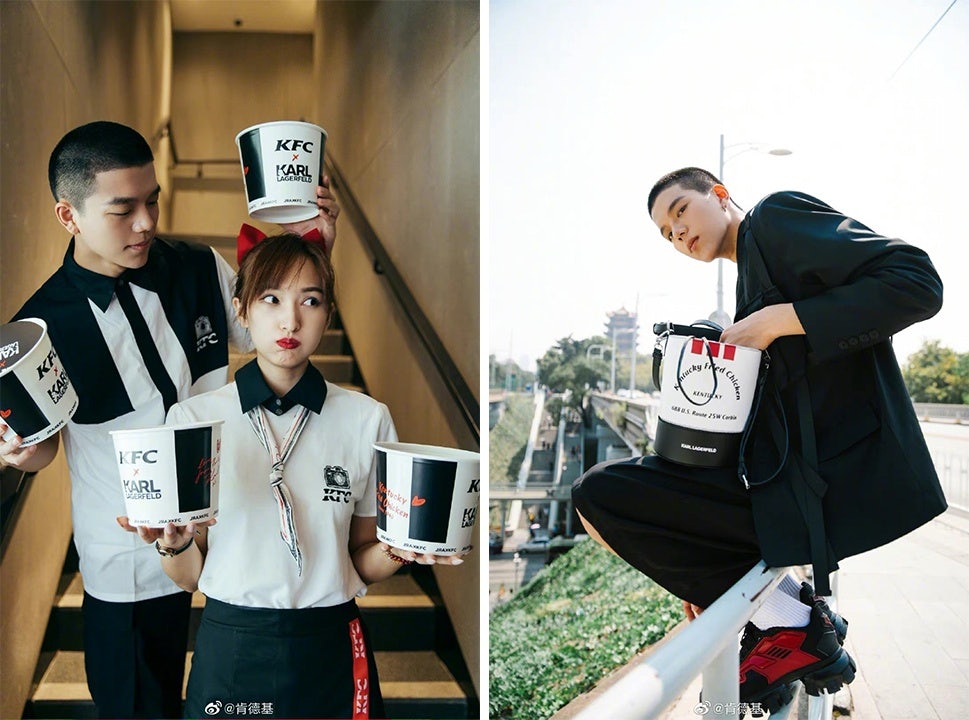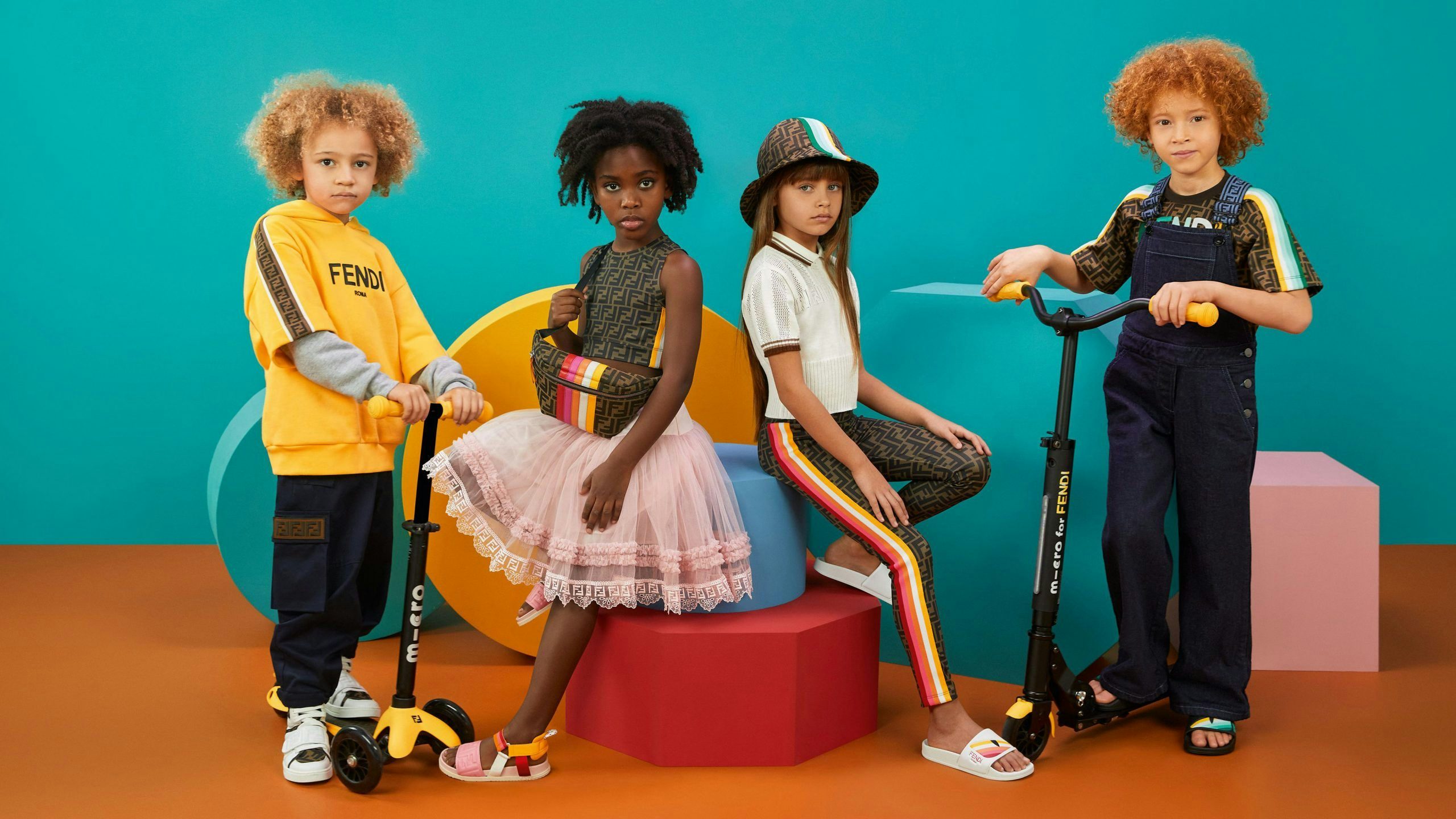Key Takeaways:#
Quite naturally, Gen Alphas have inherited the hedonic values of their parents by accompanying them to shopping malls, gaining early exposure to luxury brands.
Chinese children spent an average of four hours and 36 minutes per day on mobile devices during the pandemic, giving them unprecedented access to lifestyle, fashion, and luxury inspiration.
Luxury brands can create access to the next generation by partnering with Gen Alpha-friendly brands. Although this strategy risks diluting a luxury brand’s image, it can also touch a new generation of consumers that would otherwise be difficult to reach.
Is the luxury industry ready for the next generation of luxury consumers? Gen Z's buying power is blossoming now. Today, this cohort makes up about 15 percent of all luxury goods sold in China — and that number is on the rise. But what consumers will come after them?
Enter Generation Alpha. This generation refers to children born between 2010 and 2025. Yes, they are still young (some of them aren't even born yet), but since these are the children of Millennials, Gen Alphas are growing up having entered the market with a more advanced stage of consumer development compared to prior generations.
Quite naturally, they have inherited the hedonic values of their parents. Accompanying their parents to shopping malls has been the norm for them. And as younger children may go to the mall to play at the indoor playground, they also gain exposure to brands, including luxury brands.
But what differentiates this generation is that technology has been embedded into almost every aspect of their lives. Whatever they do, it’s digital, and that has never been different. One study found that Chinese children spent an average of four hours and 36 minutes per day on mobile devices during the COVID-19 pandemic. This level of hyper-connectivity gives them access to lifestyle, fashion, and luxury inspiration.
A Louis Vuitton bag may be out of their reach, but consumerism is integral to a child’s identity. Children use a range of tactics to influence purchase decisions. According to the 2020 Children Economy Insights Report, parents spend between 30 and 50 percent of their household income on feeding, clothing, and entertaining their children. Gen Alpha is also a greater part of the purchase-decision process today, directly or indirectly influences family spending on things like holidays or even automobiles.
Undoubtedly, Gen Alpha represents the future generation of luxury consumers. It will only be a matter of years before they can financially enter the luxury universe, and luxury brands must anticipate this opportunity to build lifelong relationships. Although they are unchartered territory, luxury brands must learn how to develop a strong rapport with this emerging customer base.
Awareness#
Some luxury brands already enjoy familiarity, but many brands will need to generate awareness. Luxury brands can create access by partnering with Gen Alpha-friendly brands. The KFC x Karl Lagerfeld collaboration, which also involved co-branded packaging, does risk diluting a luxury brand’s image. But it can touch a new generation of consumers that would otherwise be difficult to reach.

Relationships#
Luxury brands can instill brand meaning to create an early advantage. BMW's Children’s Traffic Safety Education promotes road safety education to children in schools. For many children, this will be their first opportunity to get close to a prestigious automobile brand. It can also be the start of a meaningful brand relationship if the introduction is made correctly.
Branding message content#
Social media behavior differs from generation to generation. As such, luxury brands need to develop relevant digital content and tailor it to a younger demographic. BMW developed a short film called "The History of Horsepower," which showcases BMW’s journey through time. It was made specifically for the video-sharing website Bilibili, which is popular with younger users.
Many think that Gen Alpha will be defined by its solid degree of self-confidence and independence, yet changing social values will impact what they think, feel, and do. For now, luxury brands must proactively get ready to welcome the next generation of buyers, remembering that they will be deeply rooted in today's rapidly evolving contemporary Chinese consumer society.
Glyn Atwal is an associate professor at Burgundy School of Business (France). He is co-author of Luxury Brands in China and India (Palgrave Macmillan).


